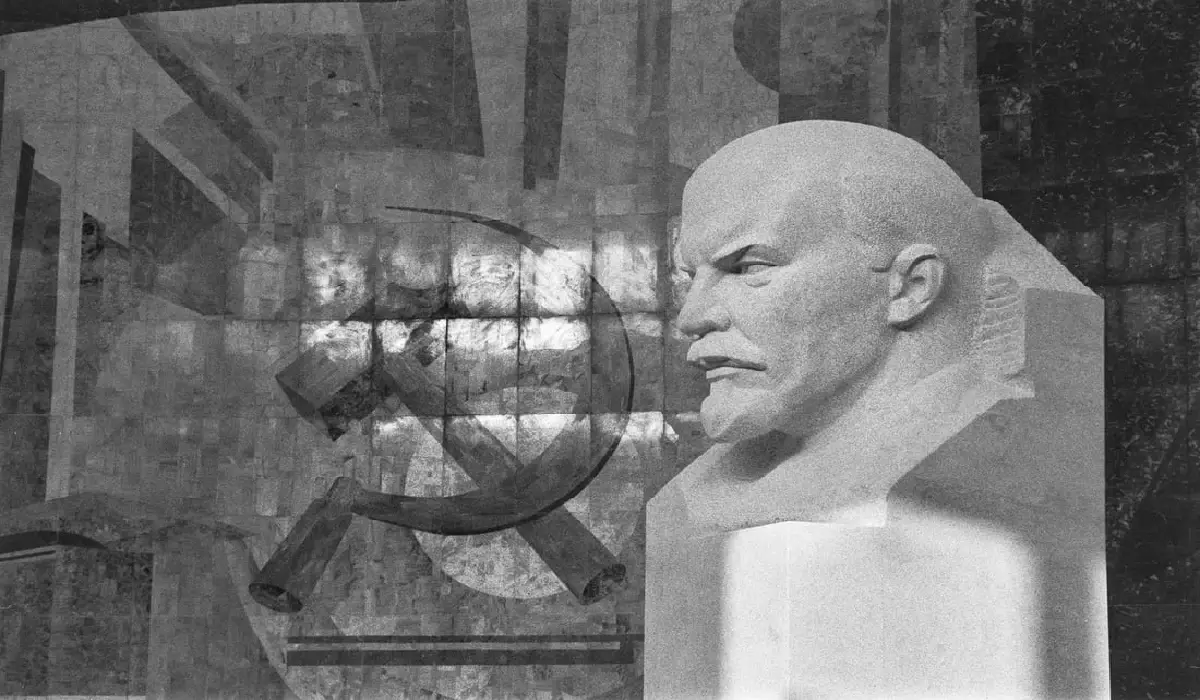The year 1900 marked the beginning of a new age in which reality was viewed and depicted in a different light. The velocity at which individuals lived their lives day by day was accelerated under the new technologies. For example, transport and communication advances have expedited the individual’s day-to-day existence. Whereas in the past, the lack of mechanical resources accessible restricted a person’s existence, the new machine unleashing power could now broaden the range of everyday activities. All of these technological and scientific developments have now physically stimulated man.
In the twentieth century, the distinction between “popular literature” and “high literature” was far from clear, and numerous genres such as detective fiction and science fiction shifted back and forth between the two. The prominent Victorians therefore seemed old to a new generation of “moderns,” and the motto of poets of this period was to “make it fresh.” The growth of globalisation has facilitated the fast diffusion of European literary concepts into non-Western civilizations. The new findings, innovations and technical breakthroughs on civilization like the energy, fireworks, light bulbs, motor cars, aircraft, radio, x-rays, fertiliser and so on. Technological advancements enabled cheaper book production, leading in a substantial increase in the output of popular and inconsequential writing, corresponding to analogous trends in music.
The way modern man looked at himself and the society in which he lived would likewise change the political process and the economy. The methods of production have been changed significantly by science and technology. Whereas in the past, a worker was active in manufacturing from start to finish, by 1900, he had devolved into a mere gear in the manufacturing line, making minimal contributions. So, the division of work made him feel fragmented not only estranged from the rest of society but also alienated from himself. The formation of workers into political groups that threatened the upper classes was one of the consequences of this fragmentation. As a result, a new political idealism arose, culminating in the Russian Revolution, which swept Europe.
Tensions and pressures can lead to change between persons and groups. As they fight for their own places, many groups gain and lose power and privilege. Change and ideas may stoke social movements that result in positive societal transformation of the concept of everyone having equal rights. Changes in demographics Increases and declines in population can cause social change as society expands and contracts.
Friedrich Nietzsche, a German philosopher, suggested that modernity is characterised by crises in moral systems, therefore there can be no repair once faith is lost. He also emphasised that many of these problems are due to advances in understanding and an irresponsible usage of new technology.
Modernism, which was born out of rebellious spirit at the start of the 20th century, was a bold approach that sought to revive the views of life, art, politics and science of modern civilization. In the period between 1900 and 1930 this rebellious attitude was based on the rejection of the culture of Europe as being too corrupt, complacent, and lazy, ill because it was constrained by the artificialities of a society that was too focused with image and too afraid of change.


